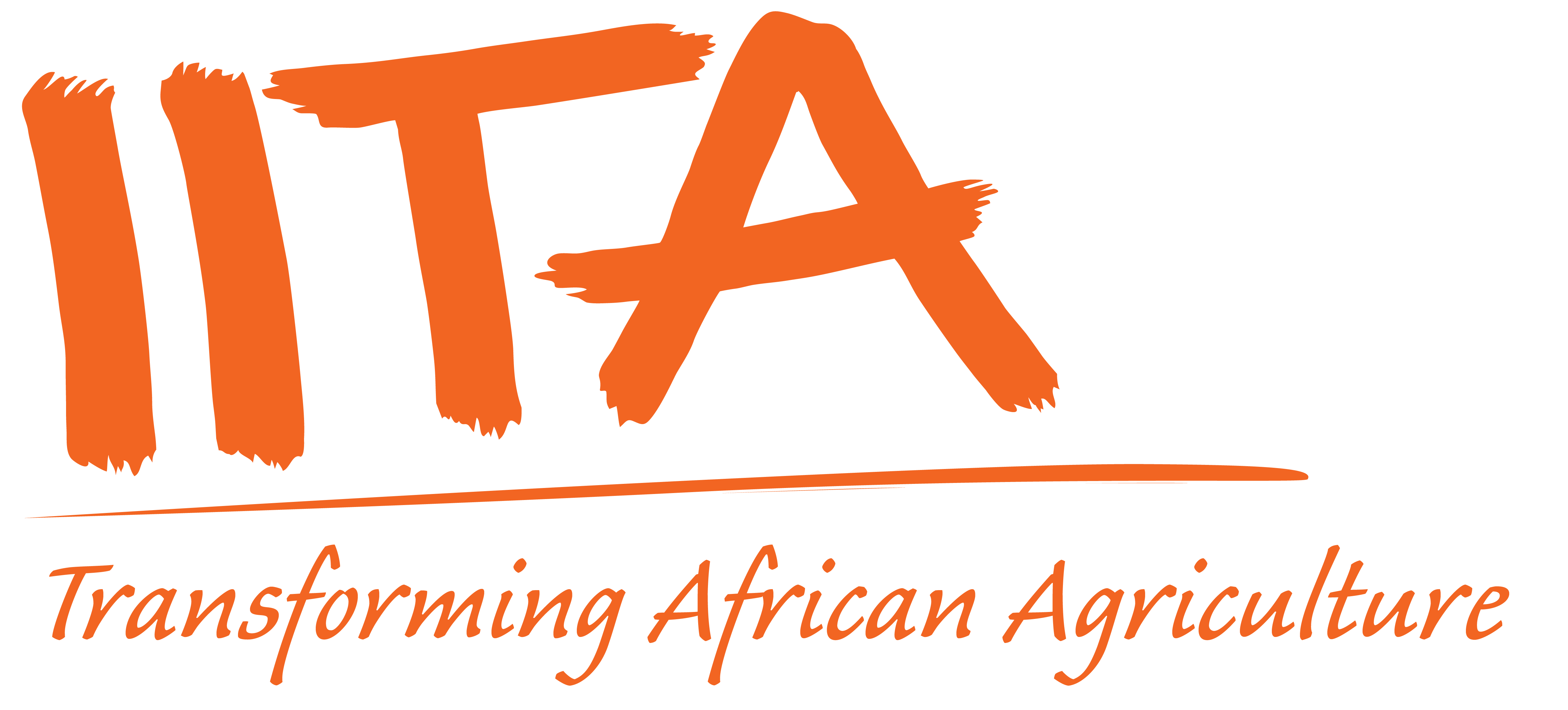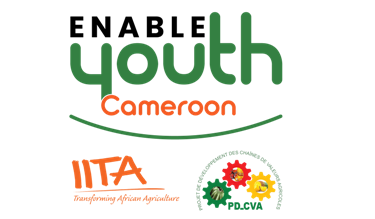13 Aug Business plan: the compass of the Agripreneur

The YABIC Bouam’s Aspiring Agripreneurs
The Aspiring Agripreneurs have been trained on the analysis of agricultural value chains. They were assisted in mapping value chains in order to identify feasible, viable, profitable and sustainable business opportunities. In addition, they were encouraged to select innovative business ideas with an emphasis on value addition, compared to similar business existing in the same sector. Currently, they are in the phase of finalizing their business plans which could be financed by a financial operator (yet to be determined). In fact, since May 2020 the Project’s expert trainers have received and analyzed the business plans of the aspiring Agripreneurs. Since the beginning of the business plan analysis phase, the experts have received 223 business plans from the 512 agripreneurs enrolled; barely 50% of what was expected. In some YABICs, barely 3 business plans have been received. However, we know that this phase is a major determinant in the training and must be taken seriously.
The development of the business plan is indeed a crucial step for any entrepreneur. It should not be overlooked. It is by creating the business plan that the aspiring entrepreneur can really deepen and concretize his/her project of creating a business. In addition, the business plan is the document that materializes and summarizes this project. This is the supporting document that the aspiring entrepreneurs presents to potential investors. It is a kind of business card for the project, which clearly and precisely explains the essential elements of the future company. “A well-developed business plan can not lack funding”, says the value addition expert of ENABLE Youth Cameroon.

Emmanuel TCHIENGUE; Expert in Add value of ENABLE Youth Cameroon
The ENABLE Youth Cameroon program has come a long way since the signing of the agreement between MINADER and IITA on the 17th of May 2018. After a rigorous selection process, 512 Aspiring Agripreneurs (45% female), the first promotion of the Program, have started their incubation in a sequenced process from February 2019, in fourteen YABICs.
The incubation process of ENABLE Youth Cameroon was inspired by the IYA model, which is mainly based on experiential learning. It focuses on the learning process by the individuals making discoveries and experiences with first-hand knowledge, rather than hearing or reading the experiences of others. This learning model made it possible to provide practical experience to the learners, while allowing them to easily assimilate concepts through examples as close to real life as possible.
An important part of this training was the strengthening of the entrepreneurial and managerial capacities of aspiring Agripreneurs, the development of agribusiness and the financing of aspiring Agripreneurs through the Mechanism of access to credit upon presentation of bankable business plan.
The development of the aspiring Agripreneurs’ business management skills is one of the major challenges in the context of this incubation process. The experts are however fully engaged in providing the best support to incubates.
The aspiring Agripreneurs are encouraged to take this phase seriously because their business plan is the major document that will be used to convince the financial operator to bet on their business.
“Many entrepreneurs fail on average almost four times before succeeding. What differentiates those who succeed from others is their perseverance”, says the Marketing Expert of ENABLE Youth Cameroon.
ENABLE Youth Cameroon (EYC) certainly recognizes the operational challenges and issues that the first set of 512 aspiring agripreneurs (AAs) faced. In fact, the incubation meant for 12 months per batch, has taken longer than planned. For instance, the first YABIC was launched in Obala in February 2019, but EYC has not been able to complete the first cycle of the incubation, for reasons beyond its control. The EYC coordination unit has at several occasions underscored the resilience of the AAs to face the circumstances. We also take this opportunity to encourage them once again to remain resilient and work closely with the EYC experts and coordination unit to develop outstanding bankable business plans. As the EYC likes to say it, “Resilience is a key to success”.


Sorry, the comment form is closed at this time.